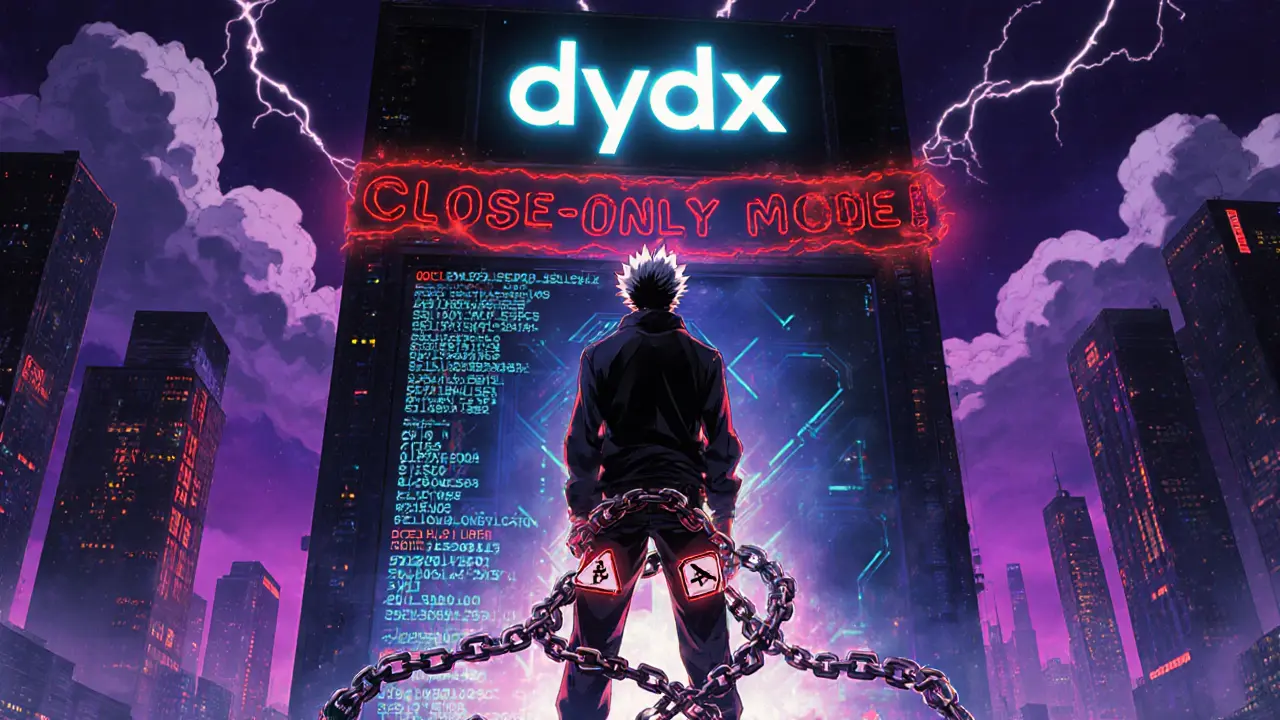

When you trade on a decentralized exchange, a crypto trading platform that runs on blockchain without a central authority. Also known as DEX, it lets you swap tokens directly from your wallet—no ID, no bank, no middleman. But that freedom is disappearing fast. Governments aren’t shutting down DEXs outright—they’re forcing them to play by rules designed for banks. The result? Many DEXs now block users from certain countries, freeze funds, or even shut down entirely if they don’t register as a VASP, a Virtual Asset Service Provider required to collect customer data and report transactions. Also known as crypto intermediary, it’s the legal label that turns a peer-to-peer tool into a regulated financial institution.
Why does this matter to you? Because decentralized exchange restrictions aren’t just about compliance—they’re about survival. If a DEX doesn’t follow rules like the EU’s MiCA or the UK’s FCA VASP registration, it gets blocked, fined, or shut down. That’s why platforms like Uniswap and Polkastarter now restrict users from places like the U.S., UK, or Canada. They’re not being picky—they’re trying to stay open. Meanwhile, scammers exploit the confusion. Fake DEXs like Hello Global Exchange pretend to be decentralized while stealing funds. They rely on users thinking "no regulation = no risk," when the truth is the opposite: unregulated spaces attract fraud.
It’s not just about where you live—it’s about what you’re allowed to do. Some DEXs now block trades involving certain tokens if they’re classified as securities. Others require KYC just to access basic swaps. Even the tools you use—like MetaMask or Trust Wallet—are starting to warn users about risky contracts. And if you’re trying to claim an airdrop or trade a new token, you might hit a wall not because the project is fake—but because the DEX you’re using is legally blocked from serving you. This isn’t theoretical. It’s happening right now, across every major blockchain.
What you’ll find below isn’t a list of banned DEXs. It’s a collection of real cases showing how restrictions shape what’s possible. From VASP registration failures in the UK to crypto phishing scams that thrive in regulatory blind spots, these posts show you where the lines are drawn—and how to stay safe when the rules keep changing.

dYdX claims to be a decentralized crypto exchange, yet blocks users from over 20 countries including the U.S., UK, and Canada. This article breaks down how and why a platform marketed as trustless still enforces geo-restrictions through centralized control.